What tasks of the bar are solved by its existence? What principles is it based on and what areas does the activity of lawyers have?
Lawyers: Status Feature
Lawyers are a community of professionals whose purpose is to provide qualified legal assistance. No matter what the debate may be, the tasks and significance of the legal profession cannot be overestimated.
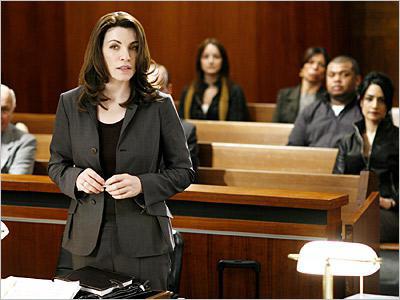
Every lawyer is a lawyer, but not every lawyer is a lawyer. Legal aid is considered advocate if it is provided by a person with an appropriate status.
A citizen who has a full higher legal education (minimum scientific degree is a specialist), who has passed the exam, paid a fee to the bar, and accepted the oath, will receive the title of lawyer.
The level of qualification is provided by a preliminary internship or the presence of a minimum length of service in the legal profession.
Obtaining this status in our country is associated with a certain degree of prestige, and the list of available preferences is limited. However, for law enforcement agencies they often have no meaning. But sometimes it is necessary to perform very difficult duties, which impose the tasks of the bar on each member of the community.
Legislative regulation
Advocacy as a public institution is connected with the constitutional principle of accessibility for every citizen.

The law “On advocacy and advocacy” is in force. He deciphers the concept and objectives of the bar.
The law clearly regulates the following issues:
- what is the bar;
- rights and obligations of a lawyer;
- procedure for acquiring status;
- principles and procedures for organizing advocacy communities;
- community relations with the state;
- professional responsibility.
Procedural codes regulate in more detail the situation of the representative of the accused, the defense counsel or the person providing legal assistance, whose role is often played by lawyers.
In the Code of Civil Procedure, one item is devoted to lawyers, obliging them to be involved on a free basis to protect the rights and interests of a citizen - a participant in a process whose whereabouts are unknown.
Authorities have the right to adopt by-laws that affect lawyers, however, they are always only advisory in nature.
Such freedom from restrictions imposed by the authorities, allows more efficiently perform the tasks of the legal profession.
The position of an individual lawyer
A lawyer has the right to engage only in his professional activities, he is forbidden to be hired. So, for example, a lawyer cannot simultaneously hold the position of a legal service worker in any organization on a paid basis. In a number of countries, such a combination is considered acceptable and considered legal.

An attorney engaged in his activities cannot simultaneously hold positions in municipal or state bodies, which is more logical, since this could interfere with the performance of professional duties.
There is no prohibition for teaching, scientific and creative activities.
The tasks of the bar are partly carried out through associations of lawyers who appoint members of their community to represent citizens in trials on a free basis.
Code of Ethics
Code - a document adopted by the All-Russian Congress of Lawyers. According to the preamble, the purpose of its adoption is to supplement the norms of the current legislation.
The Code does not have the status of a regulatory act, sinceas it is not published by the authority. Nevertheless, for each lawyer in the territory of the Russian Federation, its value is no less important.
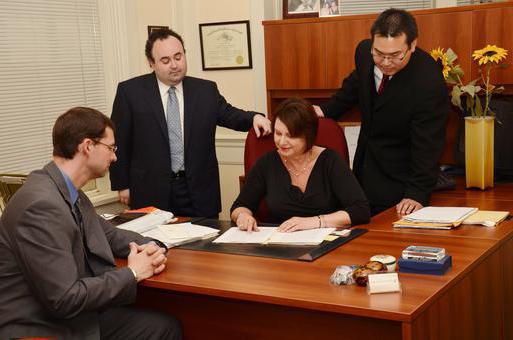
Supplementing the legislation, it primarily affects the moral aspects of legal activity, interaction within the community and the procedure for holding accountable.
Its provisions give a full understanding of the essence and tasks of the legal profession. The law in this regard is less meaningful and, as a rule, is eliminated from moral issues with rare exceptions. The Code, on the other hand, makes it possible to hold accountable those who dishonestly fulfill their duties.
The specifics of the code in its distribution to the staff of lawyers' associations and lawyers (assistants, interns and employees performing other functions).
So, for example, you can’t interrogate a cleaning lady about what she learned while working in a law office.
Principles of the organization of advocacy
The tasks and principles of the bar are reflected in the relevant law. Tasks are the activities of the bar, and the principles are the basic ideas within which the activities are carried out.
What principles should be followed by both a single lawyer and the whole community:
- legality;
- independence;
- self management;
- corporateness;
- equality of lawyers.
Legality
The conduct of advocacy should remain within the framework of the current legislation. In order to protect the rights and interests of clients, a lawyer is not entitled to commit offenses. The lawyer's duties include protecting the true rights and interests of clients. In particular, it is forbidden to promote illegal activities, to press on witnesses of other participants in the process, etc.
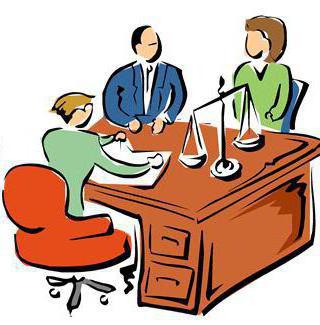
Means and methods chosen by a lawyer to conduct his activities should not raise doubts about their legality.
Separately, a ban on tacit cooperation with operational units of law enforcement agencies is spelled out.
Independence
The tasks of the bar represent a wide range. Their implementation would not have been possible if the state bodies had a bar in submission, as it was before. I must say that there are still attempts to restore this control.
At the same time, we are talking about material rewards. Today, only an insignificant part of lawyers receives luxurious fees, the rest of their colleagues are less wealthy.
Part of the problem is solved by the remuneration of lawyers providing free assistance through contributions from colleagues who do not want to do free work. The deficiency is made up for by funds allocated from the state budget.
The issue of the search of premises owned by lawyers or used by them in professional activities is not sufficiently regulated. Uncertainty creates the possibility of abuse by law enforcement agencies and a number of lawyers whose activities are outside the scope of the law.
Self management
All issues of the organization are resolved offline, the state does not interfere in the affairs of the lawyer community.
Self-government bodies of lawyers are created exclusively by lawyers, managerial positions are also occupied by persons from among them. 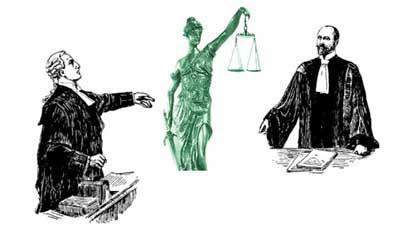
Authorities have no right to interfere in their activities, try to regulate the internal activities of chambers and associations.
The internal acts of these organizations are accepted only by members of the community.
Corporatism
The procedure for adoption, membership in advocacy, and accountability are decided by the community without the participation of other persons or the state. The bar itself, with significant autonomy of its participants, was built as a corporation.
It provides mutual support to lawyers, protection of their common rights and interests. This includes resolving a variety of issues, ranging from the defense of lawyers who are victims of criminal prosecution to the selection of premises and advanced training.
The refusal to provide advisory assistance to members of the council of the regional bar association in a difficult ethical situation is prohibited.
Equality of Advocates
Lawyers, regardless of experience, financial situation, or occupation of positions in self-government bodies, have the same position, the same scope of rights and obligations. One lawyer has one vote in resolving emerging issues. This principle applies to non-profit associations, and, unfortunately, at times this principle does not fully work.
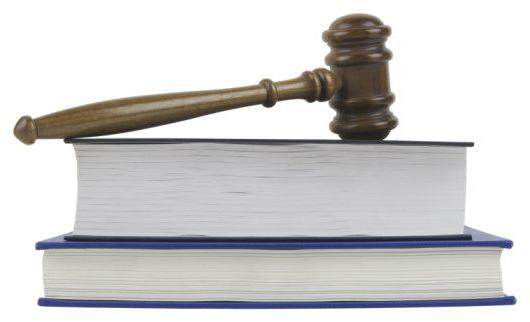
Commercial law firms (firms, law firms) have an internal hierarchy. Managing partners have a large amount of authority in resolving issues related to the activities of the company.
By the way, the activities of lawyers, despite the similarities with commerce, are not considered entrepreneurship.
What tasks do lawyers perform
The main tasks of the bar:
- providing legal assistance to citizens and organizations;
- assisting citizens and organizations in protecting their rights and legitimate interests.
Each of the tasks represents a wide range of activities of lawyers.
Directions of the Bar
The concept and objectives of advocacy and advocacy are more clear if you familiarize yourself with the activities of advocates:
- giving consultations and clarifications on legal issues, drawing up certificates to clarify the norms of legislation;
- drawing up documents of a legal nature (complaints, lawsuits, statements, etc.);
- Representation of clients' interests in state and municipal authorities;
- representation in court cases with the exercise of authority in accordance with the power of attorney received from the client;
- participation in criminal proceedings as a defender, by a representative of other persons of the defense party (civil defendant);
- the lawyer has the right to represent the prosecution (civil plaintiff, victim), acting in parallel with the prosecutor, but not replacing him;
- representation in the Constitutional Court;
- servicing organizations (preparation of constituent documents, conducting contractual work, representation in government, in particular in the Federal Tax Service, courts, law enforcement agencies).
It should be noted that advocacy does not fully satisfy the need of society for legal assistance. For example, certain services are provided exclusively by notaries, the activity of patent attorneys has its own specifics.
This shows that the lawyer is not able to provide assistance in absolutely any field of law. Life is becoming more complicated every year and legislation along with it.
Even among criminal lawyers, there is a specialization. Some are involved in defense of cases of economic crimes, others are dealing with corruption, while others are providing protection in cases of violent crimes.
A bona fide lawyer will immediately inform the client whether he has sufficient qualifications in the matters that have been addressed to him.